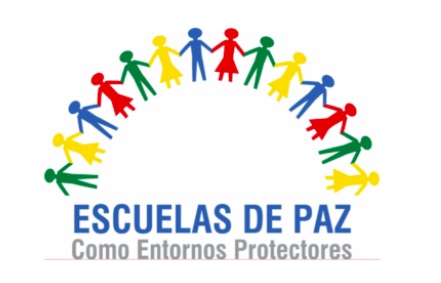FREE FLOW OF INFORMATION
An article from the Global Campaign for Peace Education
Colombian society has been immersed in more than 60 years of diverse kinds of violence, which have left deep scars in our culture, in the way we carry ourselves in everyday situations, in our interactions with one another, in how we address conflicts and how we interact with nature. This is reflected in both public and private scenarios. In parallel to these several scenarios of violence, several spaces for resistance, peacebuilding, truth, forgiveness and reconciliation have nonetheless taken hold. Led by women, men, youth, boys and girls, these spaces have strived to keep hope for peace and a collective construction of society alive, even in the context of such pain and tragedy.

What is happening in Colombia, Is peace possible?
In this turn of events, it is imperative to foster dialogue about the demands and the implications of education in regards to the historical moment of the agreements between the government and the FARC-EP; as well as inform about other remaining forms of violence in society, and thus the need to position the Education for a Culture of Peace as a central axis in the implementation of the Agreement as well as in the peacebuilding process in the country.
Within this context, the project “Schools of Peace as Safe Environments” was developed in San Vicente del Caguán, former FARC territory, as an alliance between the Office of the High Commissioner for Peace, Caqueta’s Department of Education, USAID, the International Organization for Migration and UNICEF, and it is operated by Fundación Escuelas de Paz.
The project has three main components: 1. Education – Action – Participation; 2. Resignifying of School Grounds; 3. Systematization and Sustainability. It is centered in the development of the school member’s competences to understand themselves as subjects of rights, who exercise their citizenship wisely, and who take responsibility for their own personal growth. Education in citizenship, peace, reconciliation and forgiveness are fundamental elements in the transformation of the violent practices that affect schools.